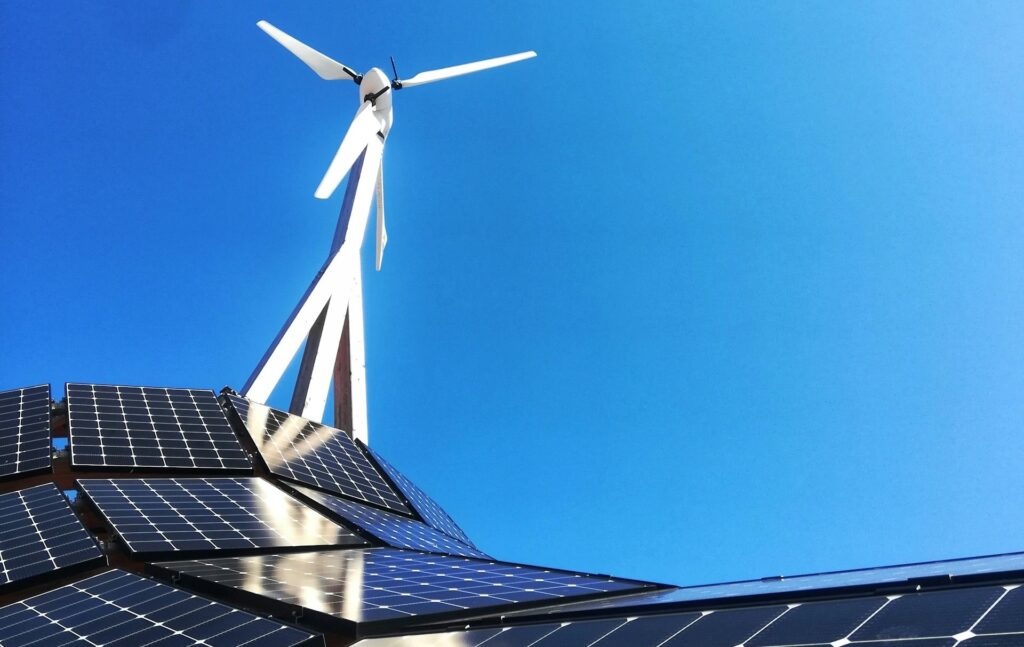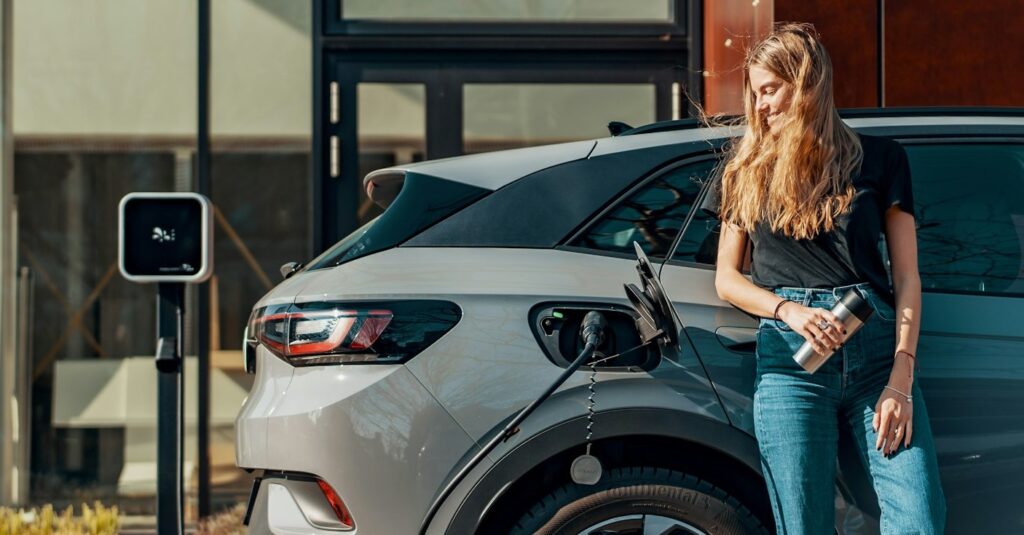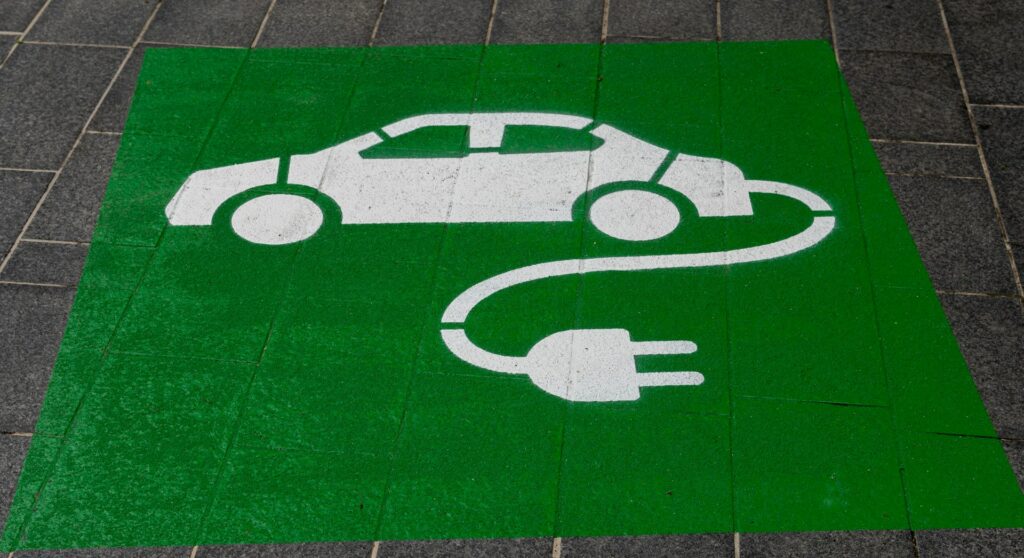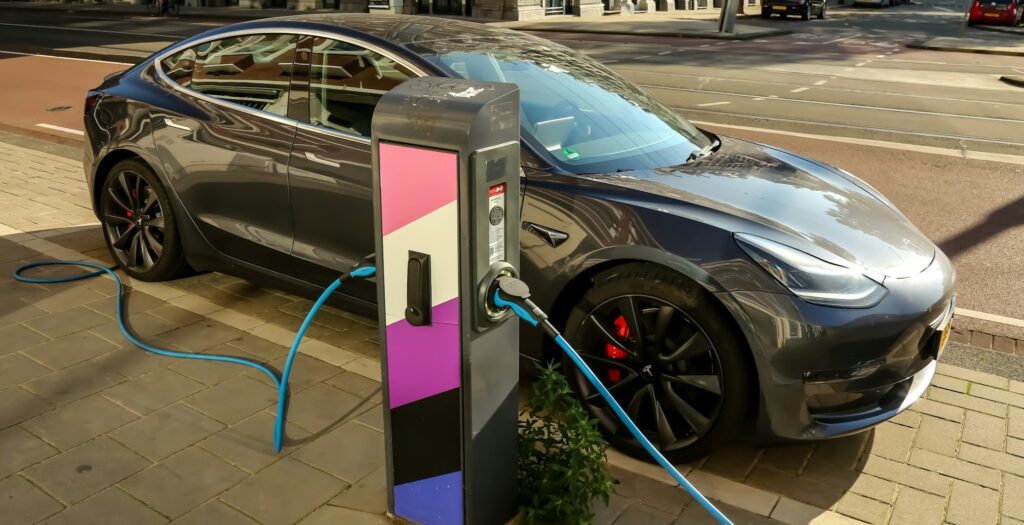An Israeli company has found new value in discarded batteries from electric vehicles, installing them at charging stations as an energy storage facility used to replenish functioning EV power cells.
Once batteries in electric vehicles can only be charged to 70 to 80 percent of their capacity, regulations worldwide state that they have to be replaced, Sparkion VP Marketing Elad Halperin tells NoCamels.
“It’s not like your batteries on your TV remote,” Halperin says, “where you basically click and click, until one day it doesn’t work and you replace the batteries.”
And those discarded EV batteries, instead of being consigned to the scrap heap, are being snapped up by Sparkion from carmakers and fleet owners and used as a power source at electric vehicle charging stations.

Sparkion says its solution combines sustainability and affordability, as the repurposed batteries still have about 80 percent of the capacity of their newer counterparts, but cost just 50 percent of the price.
The batteries are placed together inside a large unit (which Halperin compares to a shipping container), where Sparkion’s proprietary technology enables them to be charged from both green energy and the electricity grid, and then used to recharge EVs.
Furthermore, the batteries can be charged from the grid at off peak hours, reducing the cost for both the charging station and the vehicle owners who use it.
Halperin explains that the process is not as straightforward as simply banding the old batteries together to create a new energy source, as there are differences between each one that have to be taken into account.
“Each battery has something called a state of health, and batteries have different chemistries,” Halperin says, adding that Sparkion’s platform was developed to specifically deal with these challenges.
“Sparkion provides the technology to get the batteries out, sort them, get the right batteries into the container, and maintain the right kind of throughput and energy cycles to maximize them, despite the fact that they’re not brand new [and] are now being used for a slightly different purpose,” he says.
In fact, the technology involved took several years to develop, Halperin explains. The company was established in 2019 but only began commercial operations about a year and a half ago. The development of the technology was quite complex – involving hardware, software and electronics – is actually still ongoing, he says.

The company founders initially bootstrapped their funding before finding private investors, and in 2022, Sparkion was purchased by American industrial technology conglomerate Vontier, which focuses on smart mobility and transportation, along with Driivz, another Israeli startup in the EV charging ecosystem.
The company earlier this month appeared at the EcoMotion conference in Tel Aviv, a joint endeavor by the Israel Innovation Authority, Ministry of Transport and Ministry of Industry.
Halperin says the sustainability aspect of Sparkion’s platform is extremely important, as it helps to reduce the number of batteries in the world.
Sign up for our free weekly newsletter
Subscribe“Let’s face it,” he says, “the production of new batteries is not friendly to the environment.”
Electric vehicles primarily use lithium-ion batteries, whose materials are mined in a process that consumes a large amount of fossil fuels, water and chemicals.
And according to Halperin, by repurposing the old batteries, Sparkion is also helping to offset the environmental toll of EVs while also providing cheap and reliable energy.
“The repurposing is critical,” he explains. “We are happy that we can tap into environmentally related benefits.”
The platform for repurposing the batteries goes hand in hand with Sparkion’s energy management software, although Halperin says that the latter can be easily used as a standalone product.
The AI-led software manages a charging station’s power consumption as it replenishes the repurposed batteries from both renewable energy sources and electricity grid. For example, it will draw from the grid at off-peak hours, when the price of electricity is at its lowest, and store that power in the batteries for later use.
It also facilitates the charging of multiple EVs at one time, using power from the batteries and other energy sources simultaneously, and even deciding how to distribute that power depending on how much time each vehicle has available for the charging process.
“You’re able to plan and then charge your energy storage system for that purpose,” Halperin says.

At present Sparkion’s main customer base is in the Nordic countries, where electric vehicles are increasingly becoming the norm. In Norway alone, the national road federation says that 82.4 percent of new cars sold in the country in 2023 were electric, up from 79.3 percent the year before.
Halperin says that the company has its eyes on the US market, but says that the country still has five or so years to go before it catches up to its European counterparts in the ubiquity of electric vehicles.
Ultimately, he says, the vision of Sparkion’s founders was to be both a viable company and one that helps to mitigate environmental damage.
“If you’re able to reduce the production of new batteries by 20 or 25 percent by 2035, then you are able to substantially reduce climate change and drive to what we call the net zero transportation future,” he says, referring to an international plan to have all new vehicles be emission free by that year.
“That’s our goal; it’s quite ambitious.”
Related posts

Editors’ & Readers’ Choice: 10 Favorite NoCamels Articles

Forward Facing: What Does The Future Hold For Israeli High-Tech?

Impact Innovation: Israeli Startups That Could Shape Our Future




Facebook comments